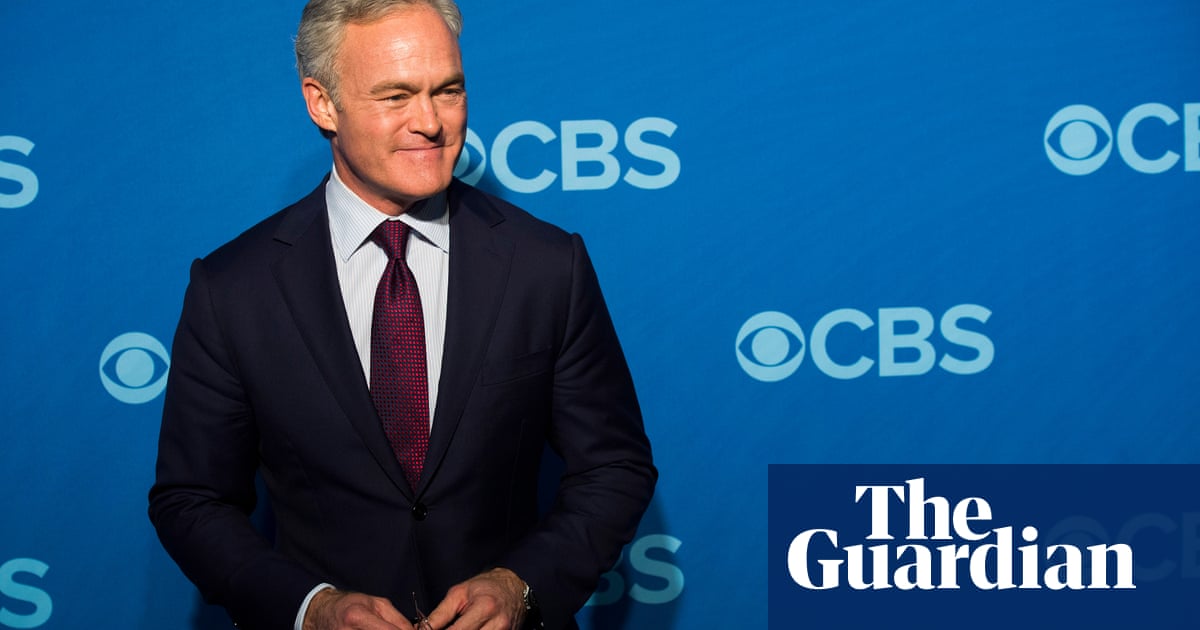A host of CBS’s 60 Minutes flagship news show rebuked the show’s corporate owners Sunday evening, part of a dispute over journalists’ independence amid a lawsuit fromDonald Trumpand attempted sale.
For decades, the broadcast news program has been a destination for investigative journalism and home to America’s most venerated broadcast journalists – including Sunday evening’s host Scott Pelley.
However, a rift has grown between journalists on the show and the corporate owners ofCBS, Paramount Global, as leaders of the company seek to sell it to Skydance Media, a merger that needs federal approval.
“A note on Bill Owens,” said Pelley in theshow’s last minute, describing Owen’s 26-year tenure on the show. “His was a quest to open minds, not close them. If you’ve ever worked hard for a boss because you admired them, then you understand what we’ve enjoyed here,” he said.
Owens resignedlast week over concerns that Paramount’s supervision of the show was impeding its independence. He oversaw the show for 26 years and was only its third producer since it premiered in 1963.
“Stories we’ve pursued for 57 years are often controversial, lately the Israel-Gaza war and the Trump administration,” said Pelly. “Bill made sure they were accurate and fair, he was tough that way.
“But our parent company, Paramount, is trying to complete a merger. The Trump administration must approve it. Paramount began to supervise our content in news ways,” said Pelly.
“None of our stories has been blocked, but Bill felt he lost the independence that honest journalism requires. No one here is happy about it. But in resigning, Bill proved one thing – he was the right person to lead 60 Minutes all along,” he said.
The show 60 Minutes has become a target of the president, who has honed in on broadcast media in his quest tobend independent institutionsto his will. Trump sued 60 Minutes for $20bn inNovember 2024over an election season interview with former opponent Kamala Harris.
The network has said the lawsuit is without merit, but is nevertheless seeking to settle as Paramount pursues the merger with Skydance. The deal with Skydance would include a$2.4bn payoutfor the family holding of Paramount Global’s chair, Shari Redstone, should the deal go through, Bloomberg News reported.
The newsmagazine’s coverage of Trump has been described as“unflinching”amid the lawsuit and corporate scrutiny.
